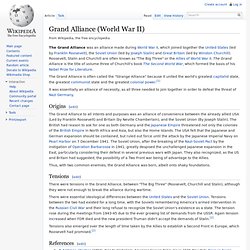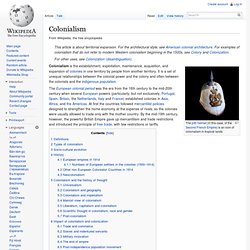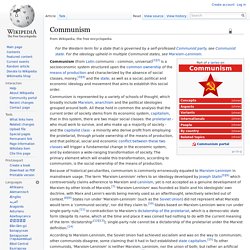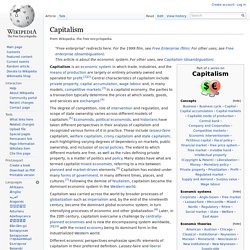

Essay 2. Clement Attlee. Nazi Germany. Grand Alliance (World War II) The Grand Alliance is often called the "Strange Alliance" because it united the world's greatest capitalist state, the greatest communist state and the greatest colonial power.[1] It was essentially an alliance of necessity, as all three needed to join together in order to defeat the threat of Nazi Germany.

The Grand Alliance to all intents and purposes was an alliance of convenience between the already allied USA (Led by Franklin Roosevelt) and Britain (by Neville Chamberlain), and the Soviet Union (By Joseph Stalin). The British had reason to ask for one as both Germany and the Japanese Empire threatened not only the colonies of the British Empire in North Africa and Asia, but also the Home Islands. The USA felt that the Japanese and German expansion should be contained, but ruled out force until the attack by the Japanese Imperial Navy on Pearl Harbor on 7 December 1941. Thus, with two common enemies, the Grand Alliance was born, albeit onto shaky foundations. Colonialism. Colonialism is the establishment, exploitation, maintenance, acquisition, and expansion of colonies in one territory by people from another territory.

It is a set of unequal relationships between the colonial power and the colony and often between the colonists and the indigenous population. The European colonial period was the era from the 16th century to the mid-20th century when several European powers (particularly, but not exclusively, Portugal, Spain, Britain, the Netherlands, Italy and France) established colonies in Asia, Africa, and the Americas. At first the countries followed mercantilist policies designed to strengthen the home economy at the expense of rivals, so the colonies were usually allowed to trade only with the mother country.
By the mid-19th century, however, the powerful British Empire gave up mercantilism and trade restrictions and introduced the principle of free trade, with few restrictions or tariffs. Definitions[edit] Types of colonialism[edit] History[edit] Communism. Communism is represented by a variety of schools of thought, which broadly include Marxism, anarchism and the political ideologies grouped around both.

All these hold in common the analysis that the current order of society stems from its economic system, capitalism, that in this system, there are two major social classes: the proletariat - who must work to survive, and who make up a majority of society - and the capitalist class - a minority who derive profit from employing the proletariat, through private ownership of the means of production, and that political, social and economic conflict between these two classes will trigger a fundamental change in the economic system, and by extension a wide-ranging transformation of society. The primary element which will enable this transformation, according to communism, is the social ownership of the means of production. Because of historical peculiarities, communism is commonly erroneously equated to Marxism-Leninism in mainstream usage.
Capitalism. The degree of competition, role of intervention and regulation, and scope of state ownership varies across different models of capitalism.[5] Economists, political economists, and historians have taken different perspectives in their analysis of capitalism and recognized various forms of it in practice.

These include laissez-faire capitalism, welfare capitalism, crony capitalism and state capitalism; each highlighting varying degrees of dependency on markets, public ownership, and inclusion of social policies. The extent to which different markets are free, as well as the rules defining private property, is a matter of politics and policy. Many states have what are termed capitalist mixed economies, referring to a mix between planned and market-driven elements.[6] Capitalism has existed under many forms of government, in many different times, places, and cultures.[7] Following the demise of feudalism, capitalism became the dominant economic system in the Western world.
Etymology[edit]